Pastor’s Column - March 2025
When Jesus calls people to be disciples he is very direct. “Follow me”. Sometimes he adds a line, “Follow me, and I will make you fishers of men”. It’s not much more. The details of what you do come later, and the instructions will come as you go with him from place to place and encounter the different situations he deals with.
I’ve wondered if Jesus knew the guys he called to be disciples before hand, and had shared some of his vision with them first. His hometown was only a few hundred people. Even if you counted the towns around it’s still just a few thousand. The odds that he had lived there for 30 years and they were strangers seems remote. I think he fished with Peter, hung our with Bartholemew, paid his taxes to Matthew etc. When Jesus comes and says, “Follow me”, I have to think he was also partly saying, “Now’s the time, let’s do this.”
Discipleship, the Jesus way, feels a little like being an intern or apprentice. You can take classes, to a point, and learn the basics that way. But eventually you have to follow around a veteran and watch them deal with things as they come up. I know the plumber we called learned all sorts of things fixing our plugged toilets (toothbrushes, toys, and one time roots had grown through the space between the pipe and the foundation – millimeters – and had filled the pipe). The apprentice got knowledge each time, and eventually showed up by himself. Our kids trained him well.
There’s something very individualistic about discipleship. Jesus calls individuals. It’s one person to one person. It’s Jesus and Matthew, not Jesus and all of Matthew’s family or town. Just one to one. And Matthew has to make a big break with his life, his income, everything he knew. There is no way this was not painful. But he did it.
The individualistic nature of being called is what leads us down theological rabbit holes, locking horns over whether one is saved when one accepts Jesus and makes a personal profession of faith, or whether faith is something that grows slowly without the clean “decision”. Both happen, of course, depending on your life. Most of us grew up with faith, but some decide later to commit to it. At the same time, even if we grew up in the church, we had to decide to stay with it. Every Sunday we make a decision to worship or not. Every day we have to re-decide if we’re going to make Jesus a part of that day. And every time a decision comes to us, is forced on us, we have to decide to follow the Jesus way or not (and discern what is the Jesus way). It’s as if it doesn’t matter if you have always believed; discipleship is re-committed every decision we make.
We are also called into a community. Jesus makes a call to the individual, who is then brought into a new group. It’s not a solitary quest, but a new family to live out this calling with. This is the community side of it. It’s why you aren’t really a disciple of Jesus if you just practice by yourself on your own time all alone. That’s not how following Jesus works.
Calls to discipleship can get turned into legalistic sessions of billy-clubbing people with guilt and pressure to “step up” and “do more” and “put yourself out there” from the pulpit. By themselves, those are good things. But discipleship is about so much more than simply increasing volume of service. It’s much more the “what” of our service, the things we do. Maybe it involves fewer things done differently. It’s our culture, and our program-driven church culture, that is always craving more time investment. Sometimes, we should. But at a deeper level, what things are we doing that mold our lives the way Jesus commands?
In Lutheranism we shy away from talk of personal decisions and clean breaks and making big faith statements. They give us vibes of “decision theology”, where we believe that while God’s grace is a free gift that saves, it’s our decision that makes it work, and thus that is the act, the deed, the good work, that saves. Fair enough. We don’t save ourselves by choosing to save ourselves. But at what point does this become a hair-splitting abstract argument. Is giving yourself up and surrendering to Jesus doing nothing, or actually something? Is choosing not to act an action? Does it matter?
Like a lot of these theological arguments, I worry we overreact to an abuse one way with an overcompensation the other. Just because we cannot earn salvation through making a choice, does not mean we should not be making a commitment to Jesus, or making choices, as individuals, to act upon our faith.
Lent is coming in March this year, starting with Ash Wednesday on March 5th. We’ll do our traditional service for the day with imposition of ashes, same as every year. Some things are worth doing over and over. For mid-week services we’ll explore in depth topics of discipleship, with some original art to augment the theme, though without the discussion so focused on the art, and more on sharing individual stories and insights. And Sundays will be built around themes from Dietrich Bonhoeffer’s book, The Cost of Discipleship. You don’t need to read the book to understand the sermons. It’s just the bouncing off point for ideas. Hopefully we’ll all be able to see discipleship as something that is a way of life, a joy (not a burden) to take up, a concept that brings joy and freedom along with responsibility. I hope as well we can all come away from it with tools for finding our paths to discipleship in our lives.
Pastor Lars
